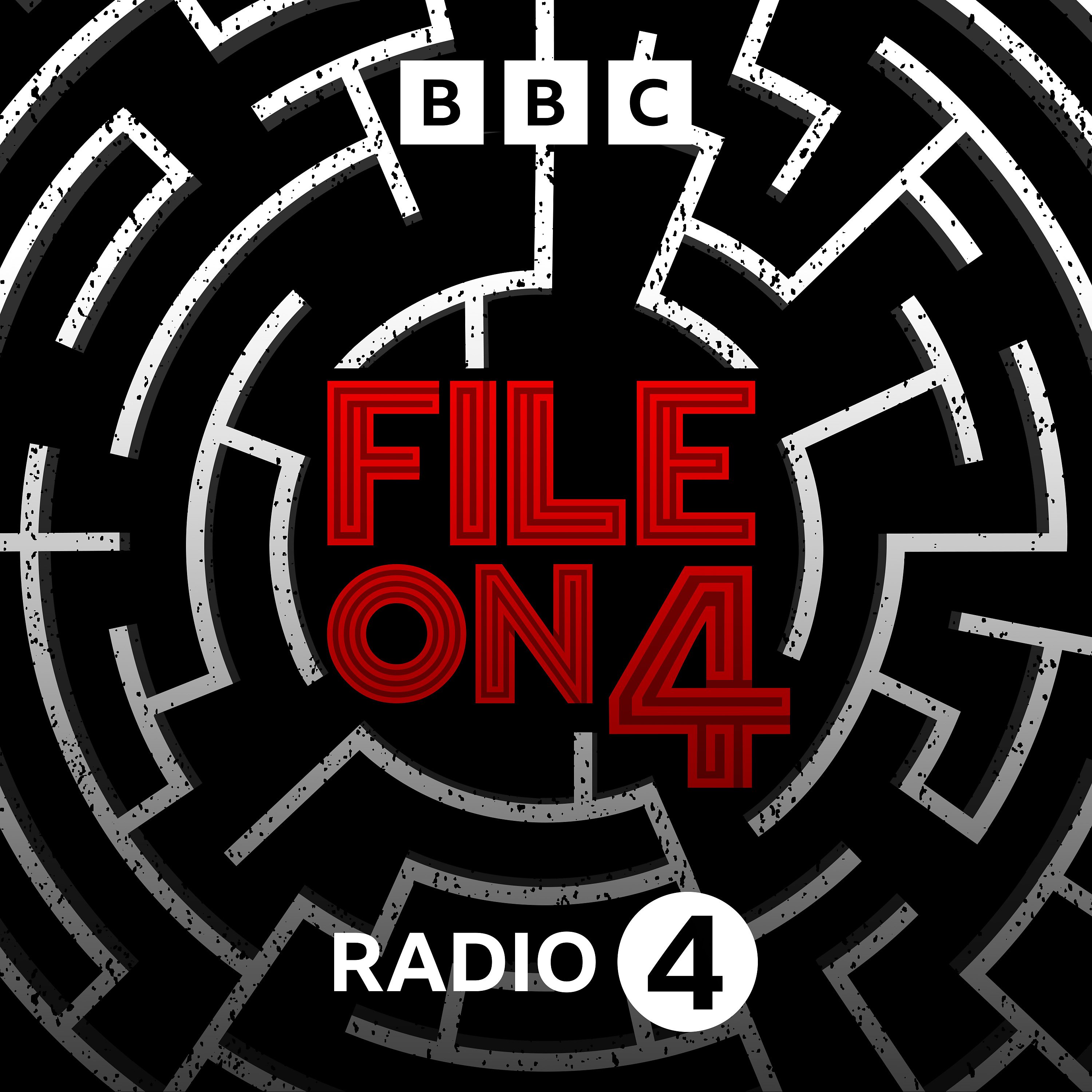- Other
- SEE MORE
- classical
- general
- talk
- News
- Family
- Bürgerfunk
- pop
- Islam
- soul
- jazz
- Comedy
- humor
- wissenschaft
- opera
- baroque
- gesellschaft
- theater
- Local
- alternative
- electro
- rock
- rap
- lifestyle
- Music
- como
- RNE
- ballads
- greek
- Buddhism
- deportes
- christian
- Technology
- piano
- djs
- Dance
- dutch
- flamenco
- social
- hope
- christian rock
- academia
- afrique
- Business
- musique
- ελληνική-μουσική
- religion
- World radio
- Zarzuela
- travel
- World
- NFL
- media
- Art
- public
- Sports
- Gospel
- st.
- baptist
- Leisure
- Kids & Family
- musical
- club
- Culture
- Health & Fitness
- True Crime
- Fiction
- children
- Society & Culture
- TV & Film
- gold
- kunst
- música
- gay
- Natural
- a
- francais
- bach
- economics
- kultur
- evangelical
- tech
- Opinion
- Government
- gaming
- College
- technik
- History
- Jesus
- Health
- movies
- radio
- services
- Church
- podcast
- Education
- international
- Transportation
- kids
- podcasts
- philadelphia
- Noticias
- love
- sport
- Salud
- film
- and
- 4chan
- Disco
- Stories
- fashion
- Arts
- interviews
- hardstyle
- entertainment
- humour
- medieval
- literature
- alma
- Cultura
- video
- TV
- Science
- en
Targeting the Vulnerable

b"
It's taken a long time to break through the culture of denial, but child sexual exploitation cases from Rochdale to Oxford have shown that grooming of children can happen in any community.
There seems to be a growing acceptance that what the Deputy Children's Commissioner says is true: 'there isn't a town, village of hamlet in which children are not being sexually exploited'.
Councils that thought they were immune from groomers and traffickers, are now training staff to spot child sexual exploitation. And children are being taught how to avoid falling prey.
But, as children become more aware of grooming, are abusers increasingly turning their attention to people with learning disabilities?
In the first of a new series, File on 4 hears warnings from disability workers and detectives that abusers are increasingly targeting people with disabilities - because they're less likely to know what grooming is, less likely to tell, and if they do, their case is far less likely to go to court.
Jane Deith visits the only safe house in the UK for women with learning disabilities who've been victims of rape and sexual exploitation, and hears even this secret address is now on the radar of gangs trying to groom the residents.
Women with learning disabilities tell their stories of being groomed and exploited, how they eventually broke their silence, only to be told the crimes would not be prosecuted. Of an estimated 1400 cases of sexual abuse each year, only 1% result in a conviction.
If offenders aren't being punished, can we prevent the abuse by protecting those at risk? Councils worried someone is being exploited can go to the Court of Protection for permission to restrict their relationships on the grounds they don't have the mental capacity to consent to sex. But it's a difficult thing to rule on. File on 4 hears from disability workers who say men and women are being left open to rape and abuse, but also from campaigners who say the state is denying people their fundamental human right to sexual relationships.
Reporter: Jane Deith Producer: Sally Chesworth.
"